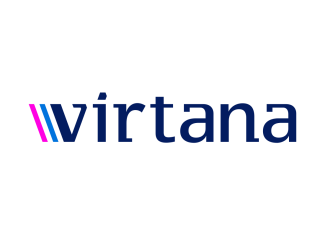Thinking of building your own AI Chip? Join us for a panel discussion, “Building & Scaling an AI Chip Startup,” where founders and leaders from AI chip startups will share their experiences and insights on growing their companies from initial idea to first tapeout and beyond. Discover how they addressed key challenges such as securing seed funding, hiring the right team, and identifying the best customer and market fit. We’ll also discuss how they tackled strategic and operational challenges to come out ahead in this dynamic industry.
Duration: 2 hours
This forum event will be followed by a networking happy hour at 5:30pm.

Mor Ben-Asher

Eric Norige

Steve Majors

Pirooz Hojabri

Wilfred Gomes

Sanjay Bali
Synopsys
Website: https://www.synopsys.com/
Smart, Secure Everything—From Silicon to Software
Synopsys technology is at the heart of innovations that are changing the way we live and work. The Internet of Things. Autonomous cars. Wearables. Smart medical devices. Secure financial services. Machine learning and computer vision. These breakthroughs are ushering in the era of Smart, Secure Everything―where devices are getting smarter, everything’s connected, and everything must be secure.
Powering this new era of technology are advanced silicon chips, which are made even smarter by the remarkable software that drives them. Synopsys is at the forefront of Smart, Secure Everything with the world’s most advanced tools for silicon chip design, verification, IP integration, and application security testing. Our technology helps customers innovate from Silicon to Software, so they can deliver Smart, Secure Everything.







